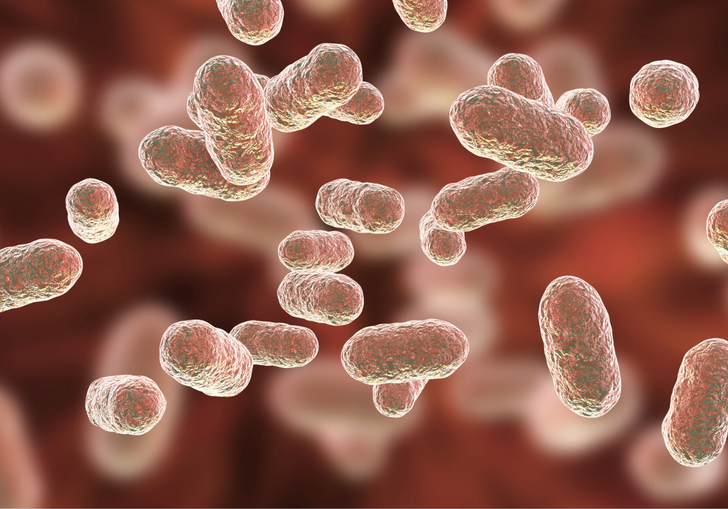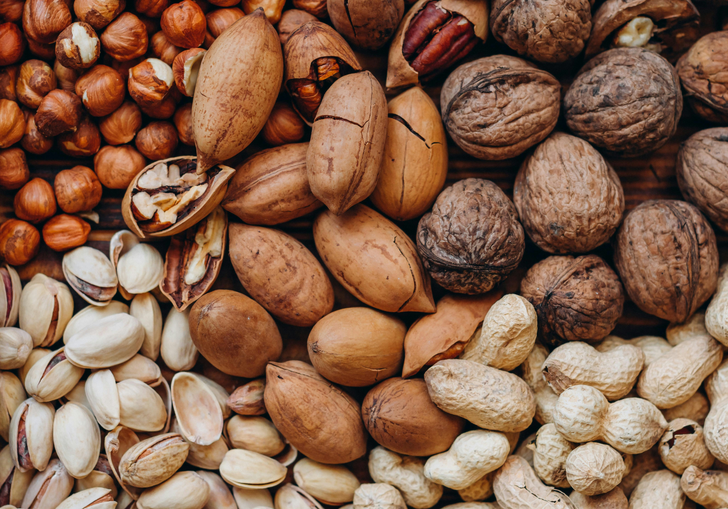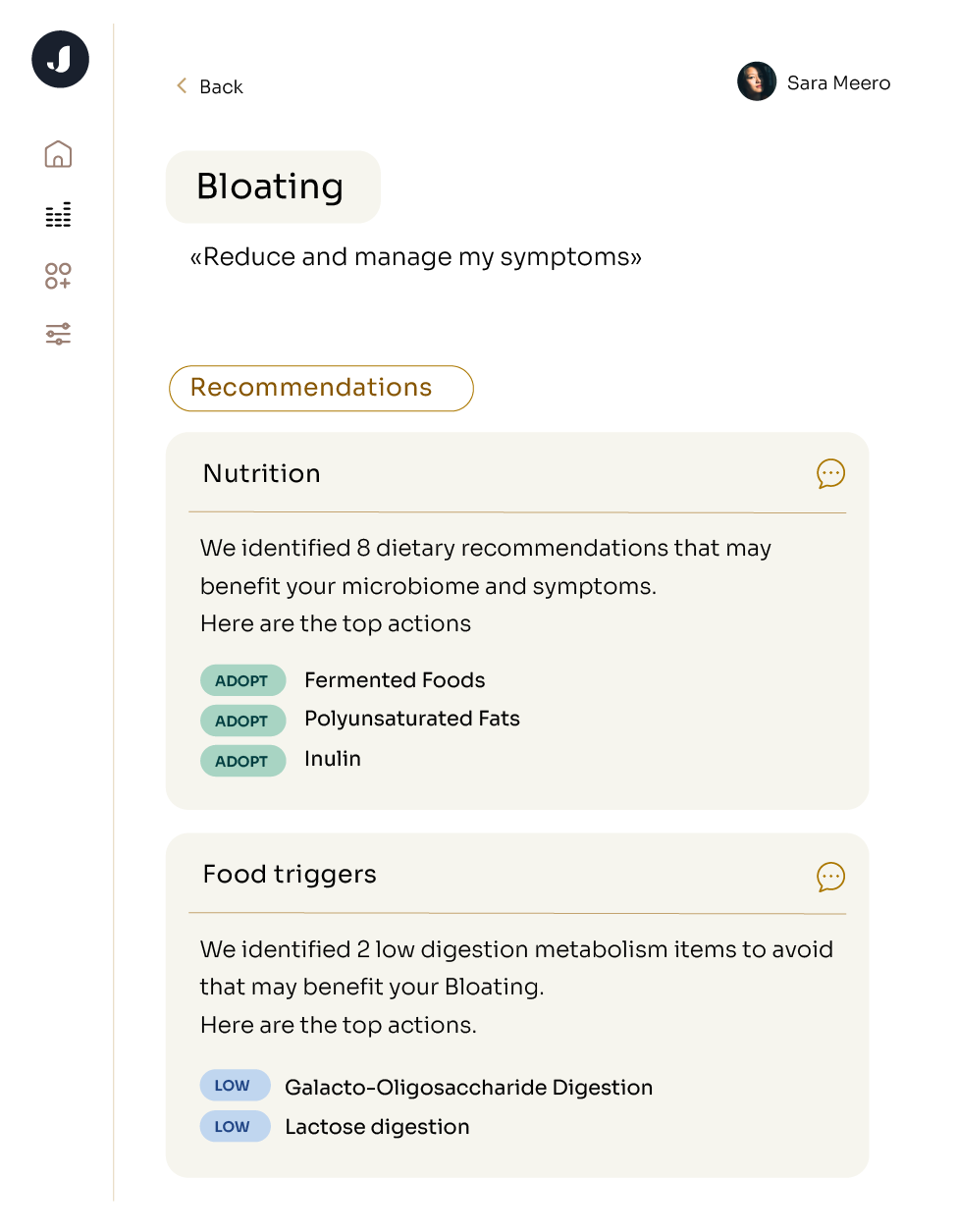Here’s a thought experiment for you. What do these diagrams say about the role of the gut in weight loss?
If you transplant the microbiome of an obese person into a healthy mouse, the mouse gains weight. If you transplant the microbiome of a lean person into a healthy mouse, the mouse stays healthy. Clearly, the gut has a causal role (at least in animals) in overall weight management.
What signals are your body currently receiving from your microbiome that shape your weight management? In this article, we’ll cover how your gut affects your weight, and how changing your gut can benefit metabolic health.
More than just a digestive engine churning food into energy, your gut is an intelligent system that reacts to other events in the body, ranging from hunger to stress and depression. Your gut is also full of bacteria, viruses and fungi that accomplish digestion and chemical processing. Humans have evolved symbiotically with these microbes by providing them food and shelter in exchange for the beneficial byproducts of their digestion of fiber, which we can’t digest ourselves. Signals from the gut help calibrate metabolic health, including through the communication of hunger via the gut-brain axis and the changes that exercise induces in the microbiome.
We know that gut bacteria and overall health have a bidirectional relationship. For example, a multitude of studies show that people with Crohn's disease, obesity, and diabetes have consistently reported patterns of gut bacterial dysbiosis. Even psychiatric conditions can have a signature in the gut microbiome. Determining whether your own microbiome matches any of these signatures can only be done through microbiome profiling (sequencing the bacteria in a sample of your stool to understand the ecosystem in the gut).
Gut microbiome patterns can also contribute to disease. The gut microbiome has been implicated in the development of liver disease and metabolic syndrome as well as other types of inflammation. Individuals with poor gut health may suffer from high infection rates due to leaky gut syndrome, in which the bacteria escape the gut walls into the abdominal cavity.
Your gut health also has indirect effects on weight. For example, a distressed gut (either from antibiotics or a poor diet) is less able to control inflammation, which can lead to weight gain. These indirect links to obesity can even loop in your human genetics, as the short-chain fatty acids produced by your gut microbes regulate gene expression, another key factor for weight gain as well as cancer. Let’s focus on how this two-way street between gut and metabolism applies to weight loss.
Because your gut microbial levels are closely linked to metabolic health, losing weight changes the mix of species in your gut. 90% of the bacteria in our gut microbiome are members of two phyla: Firmicutes and Bacteroidetes. Obese people have a higher proportion of Firmicutes to Bacteroidetes in their gut microbiomes. This metric is called the F/B ratio and is widely used in microbiome analysis. This stems from the fact that Firmicutes extract more energy from food than do Bacteroidetes.
So, the microbiome changes associated with weight loss will be dependent on the starting composition of your microbiome. Weight loss may be associated with an increase in Faecalibacterium prausnitzii, which ironically is a member of the Firmicutes. Although this gut microbiome change does occur with weight loss purely from eating healthier and moving more, the same gut microbiome change also occurs in instances of bariatric surgery, a process that is not necessarily accompanied by lifestyle changes, pointing to a direct link between weight loss and gut microbiome composition.
Taking antibiotics allows you to knock out pathogens, but it also decimates the beneficial flora in your gut. It’s common for individuals on antibiotics to have reduced immune function as well as abnormal digestion as a result of disruption in the ecosystem in the gut. In fact, “antibiotic-associated diarrhea” is an entire diagnosis on its own. The long-term effects of the overuse of antibiotics can be serious. A study of hundreds of thousands of people found that the number of days spent on an antibiotic prescription is correlated with a higher likelihood of obesity - see below. To protect your gut, take antibiotics only when necessary, and carefully monitor your symptoms during the course of treatment.
Around 15% of American adults have tried weight loss supplements, so you’re not alone in seeking help. You’ll want to look for a product that’s been shown to provide benefit in randomized controlled trials. The NIH has a helpful list of common active ingredients in weight loss supplements and the level of evidence supporting their efficacy. Among the best-rated supplements on their list are green coffee bean extract, green tea, white kidney bean, and carnitine. Even so, recent analyses have found popular “fat-burning” and “thermogenic” products less effective than standard weight loss regimes of diet alone or diet and exercise for weight loss.
One interesting new category of weight loss supplements are those that encourage your body’s natural production of GLP-1, the hormone that drugs like Ozempic and Wegovy mimic. Companies such as Calocurb and Pendulum are investigating the potential of GLP-1 activation through hops extract and probiotics. Jona continues to evaluate the body of randomized controlled trials behind these and other weight loss supplements.
There is some evidence to suggest that probiotic supplements, particularly those containing Bifidobacterium and Lactobacillus, can help with weight loss. However, it’s important to understand what probiotics are before you begin taking them and why they may not be a fit for everyone.
Probiotics are live bacteria that, when consumed, may colonize your gut, produce beneficial metabolites, or outcompete pathogens for space in the gut. They’re found in fermented foods, so if you eat yogurt, kimchi, or sauerkraut, you’re already getting a dose of probiotic bacteria.
There’s been much debate about the benefits of getting probiotics through food vs. through supplementation. Here’s the short version: while you may get a larger dose of probiotics through a supplement, they may not survive unless they are paired with the healthy prebiotic fiber in food, which is critical for helping probiotic species work in your gut as well as supporting the microbiome you already have. As far as which probiotic strains you may want to take, a microbiome profile can assess deficiencies in your microbiome and which strains you may want to target with a probiotic supplement.
No single approach will work for everyone regarding the gut microbiome and weight loss. The composition of microbes currently in your gut will inform the strategy that is best for you. A gut microbiome profiling kit can tell you more about what’s currently in your gut and how to shift it in a positive direction. If you’re not yet ready to take a microbiome test, you can benefit your gut on your weight loss journey by eating monounsaturated fatty acids and avoiding artificial sweeteners like aspartame (Equal), sucralose (Splenda), and saccharin (Sweet n Low).









